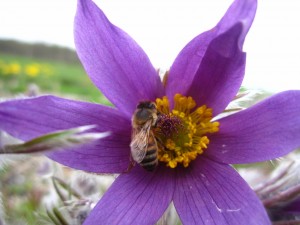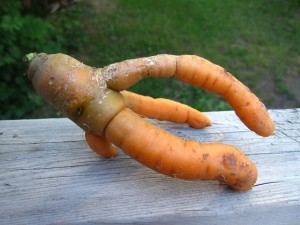For the Bees

There is a lot of controversy floating around the use of neonicotinoid [‘neonics’] based pesticides in agriculture. Frankly I am unsure what the answer is with regards to ‘ban or not to ban’ the substances as I am not a scientist and I have not studied the issue in great detail. I will leave this one to people who are devoting their work to doing the right thing and let our democratic system do its work, imperfect as it might be.
One thing that I know for sure is that Canadian gardeners can make a measurable and significant difference to the bee population and, for that matter, the population of pollinators generally. What you plant has an impact! Here is a short list of my favourite native plants that provide powerful pull where pollinators are concerned [try saying that fast 5 times!]
Echinacea: Great for full sun to partial shade. Flowers are attractive to bees and butterflies. Coneflowers will bloom from midsummer through fall. Deadhead spent flowers to prolong the flowering period. Hardy to zone 3.
Yarrow: Plant in full sun. Expect blooms by mid-summer. A fragrant flower which attracts bees and butterflies. Yarrow is deer resistant and tolerates dry conditions once established. Hardy to zone 3.
Bee Balm: A true magnet for bees. Prefers a location in full sun. Will tolerate partial shade. Blooms mid to late summer. Deer resistant and excellent for cutting. Hardy to zone 3.
Sunflowers: Though not native, you have to try these to attract a horde of pollinating bees! Sow seeds directly in the garden as soon as all danger of frost has passed. Plant in full sun. Sunflowers produce deep roots to anchor the plant. Loosen the soil to a depth of 24” (60cm) and amend with sandy loam before planting.
As a Consumer
I would love to think that organic farming is the solution. It is, in fact, how many people grow food (myself included). Truth is we are not there yet as a country. Organic farming, and I can attest to this, often results in fruits and vegetables that are not the “perfect” specimens we are used to seeing in grocery stores. There is nothing wrong with the food per se; it might just have a little blight spot or insect damage. Or, like this carrot that grew around a rock in the best way it knew how.

As consumers, we need to recognize that this food is edible and see past these imperfections. Loblaws is moving towards a cultural shift by featuring these items in their store. It’s definitely a start!
Do yourself a favour though: check out that “imperfect” food and if you don’t see it offered in your favourite grocery store, ask for it.



